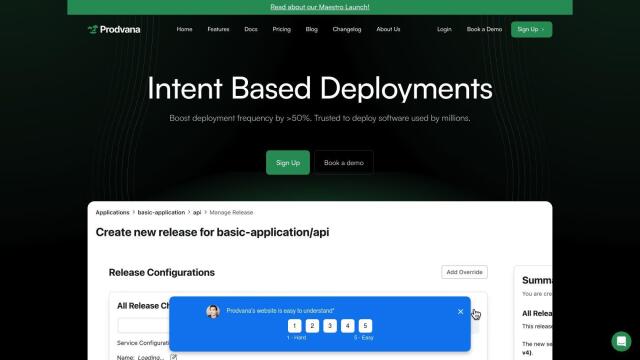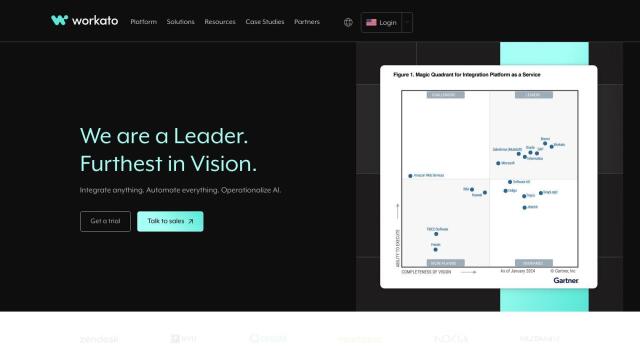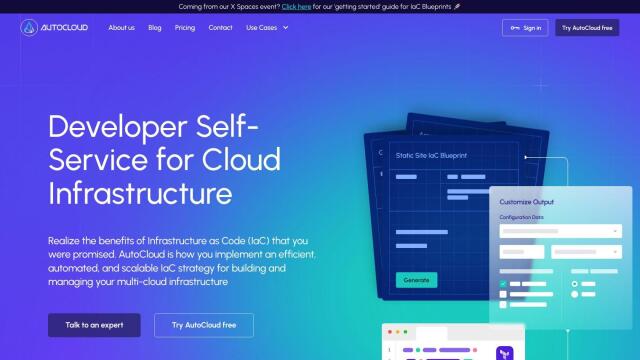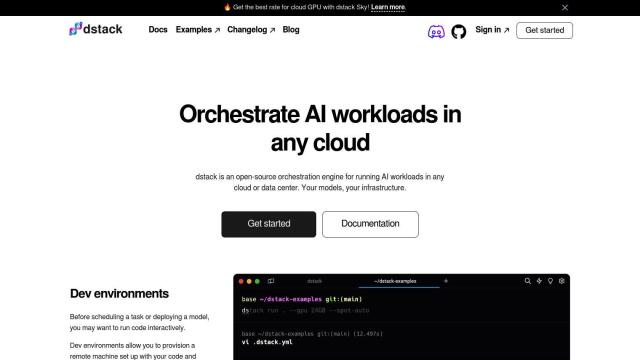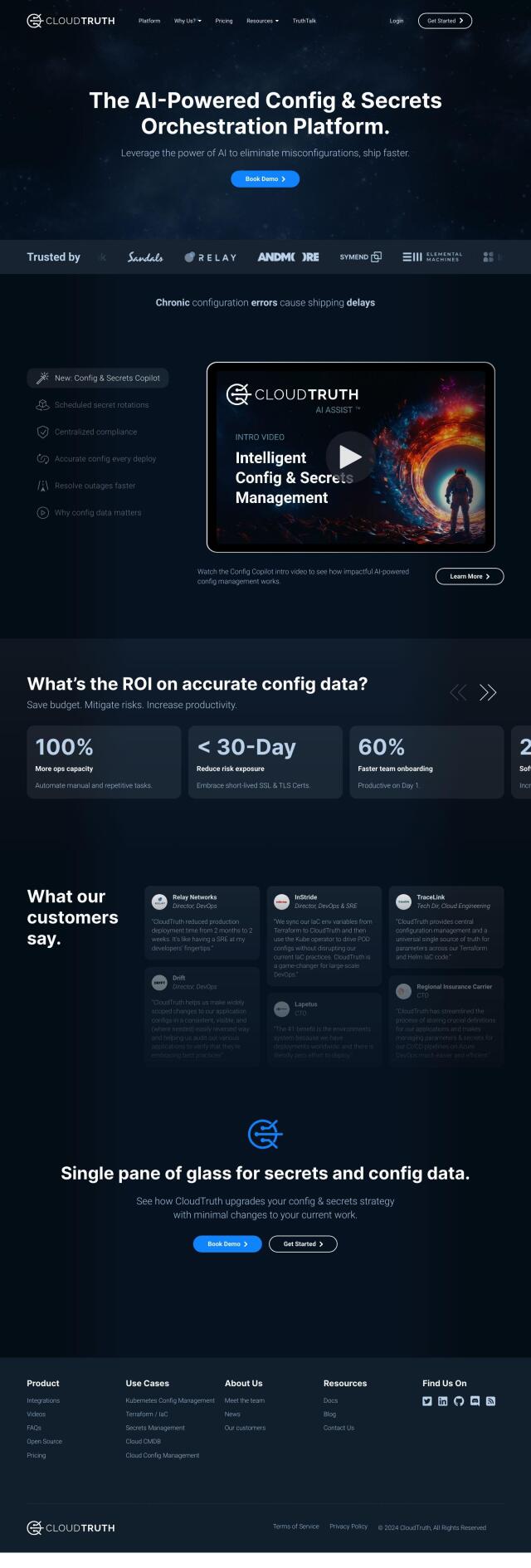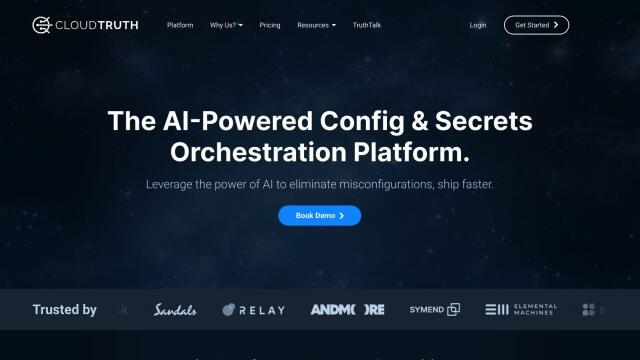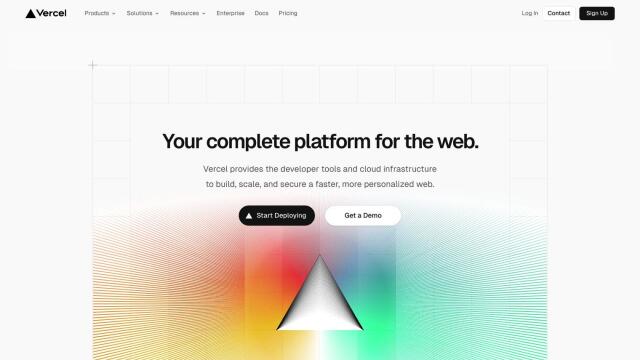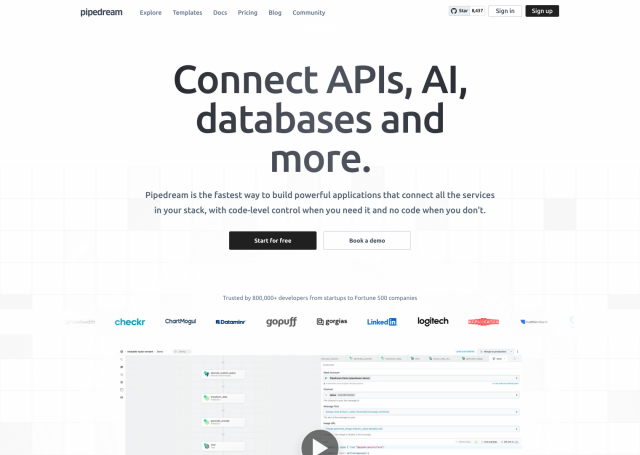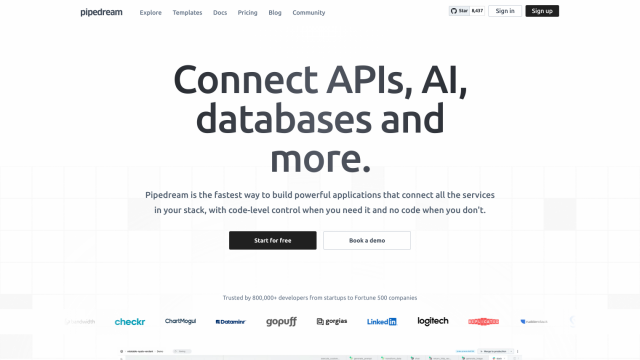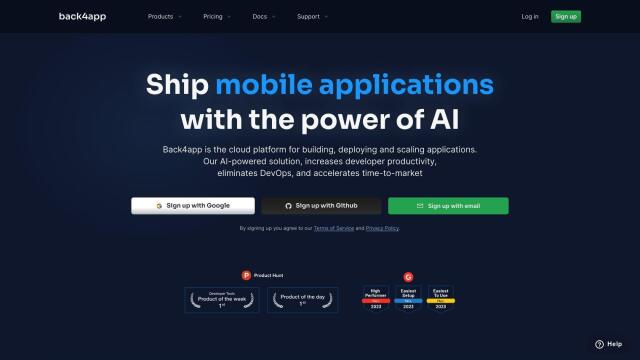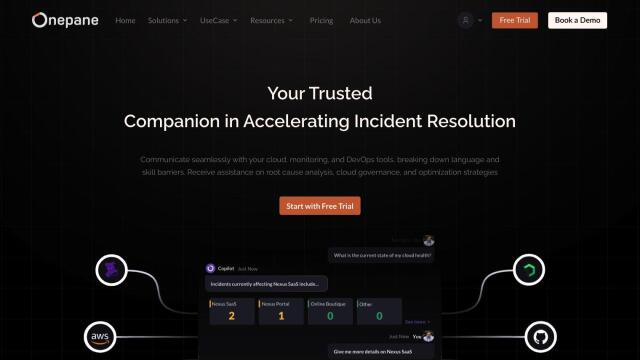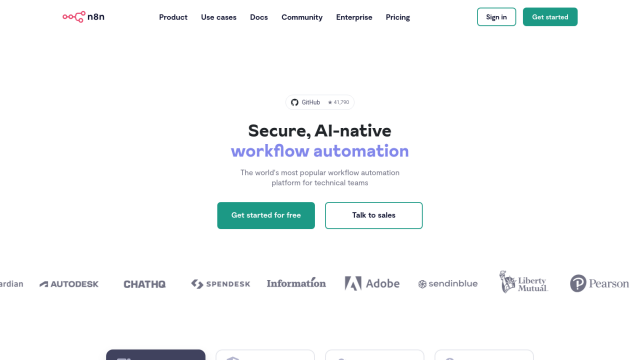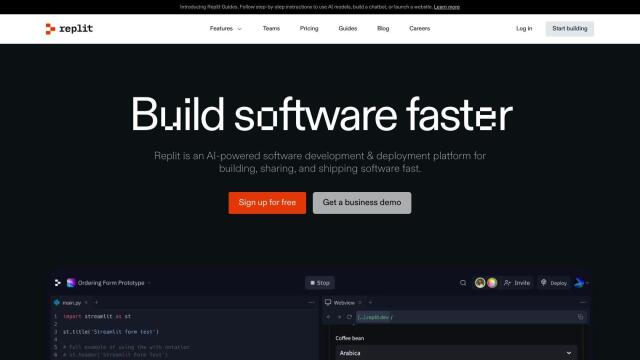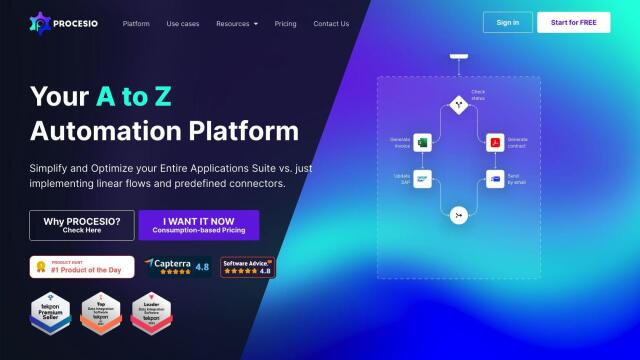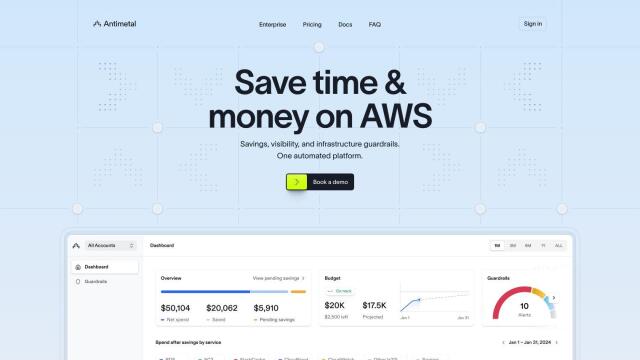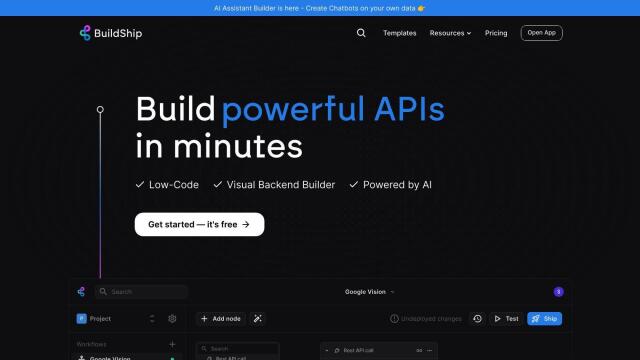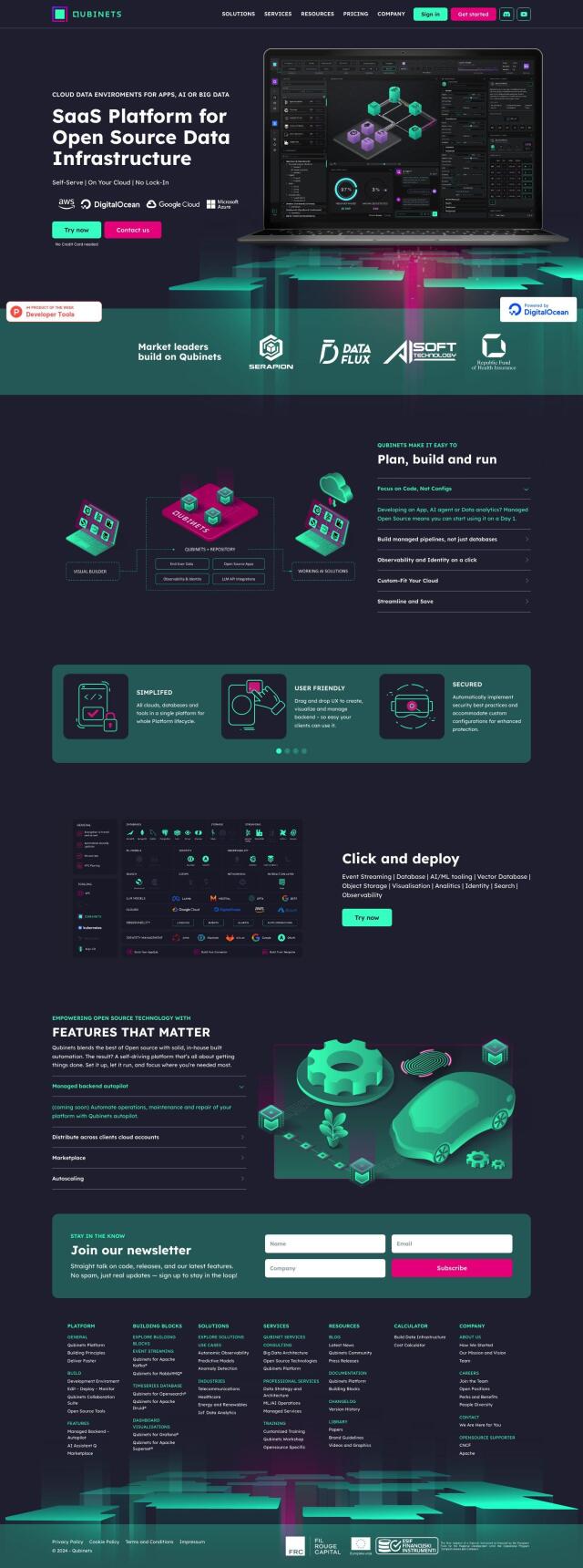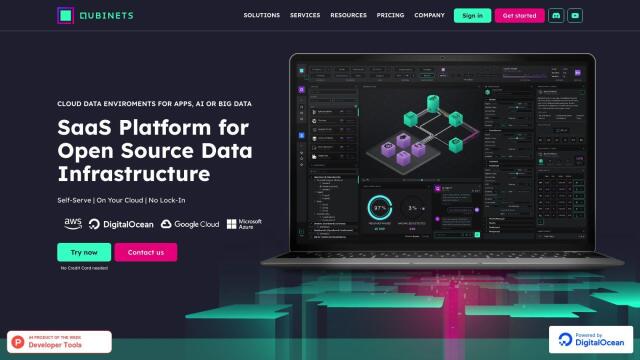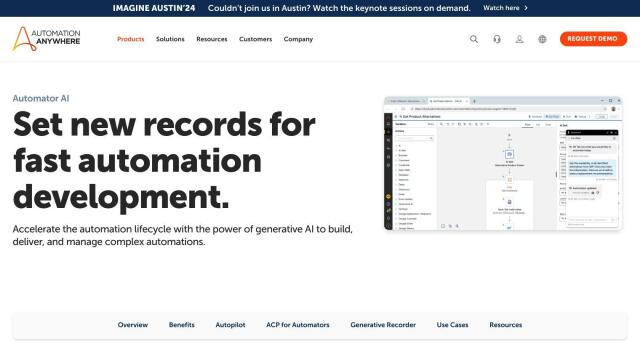Question: Can you recommend a platform that automates infrastructure setup and app deployments in cloud accounts?

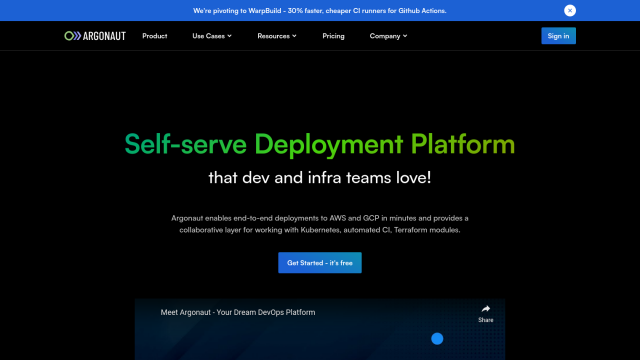
Argonaut
If you want to automate infrastructure setup and app deployments in cloud accounts, Argonaut is a good option to evaluate. Argonaut automates infrastructure and application deployments to cloud accounts, letting you more easily manage and scale cloud resources. It can also speed up app deployment to GCP and AWS, facilitate collaborative infrastructure management with managed Terraform state, and integrate with several GitHub, GitLab and container registries. The service is designed to accelerate time-to-market, lower costs and improve collaboration for DevOps teams and application developers.

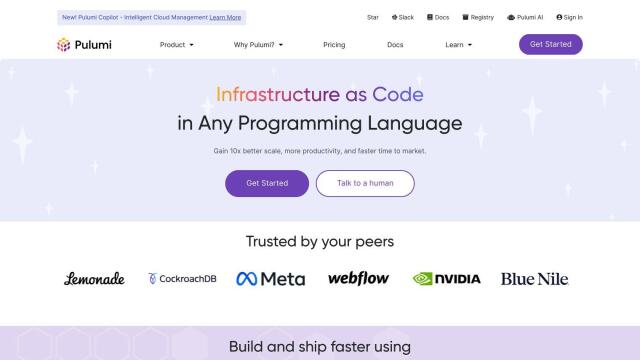
Pulumi
Another good option is Pulumi, an open-source infrastructure as code (IaC) SDK that lets developers create, deploy and manage infrastructure across multiple clouds using the programming language they're already familiar with. Pulumi's code engine lets developers, security teams and operations teams collaborate by writing infrastructure code in languages like TypeScript and Python. The service supports AWS, Azure, Google Cloud and Kubernetes and can be integrated with existing software delivery pipelines. It also offers features like policy-as-code and automated testing and deployments.

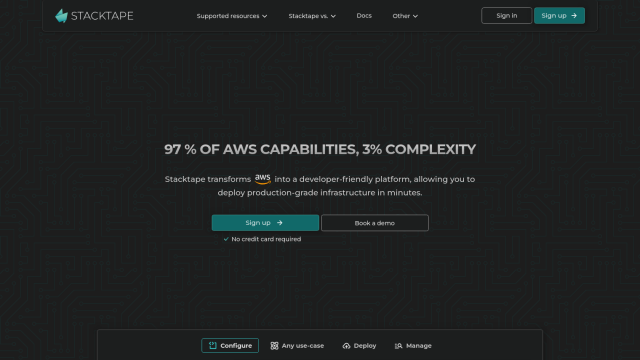
Stacktape
Stacktape is geared for developers who want to deploy AWS infrastructure without a lot of DevOps expertise. It offers flexible deployment options with GitOps, ClickOps and CliOps, and supports advanced infrastructure management features like auto-scaling and private networking. Stacktape's tiered pricing options make it a good option for CTOs and developers eager to speed up AWS adoption.

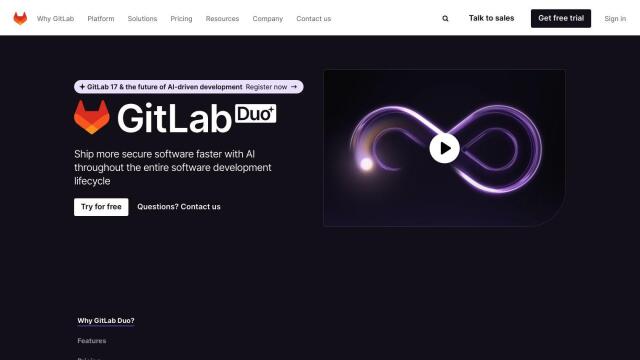
GitLab Duo
For a more complete DevSecOps experience, GitLab Duo offers a tight integration of development, security and operations. The service automates software delivery, includes AI-powered workflows, and offers tools for threat vector management, compliance standards and automated software deployment. GitLab's pricing tiers span from small teams to large enterprises, so it's a good option for anyone looking to streamline software development and delivery.

